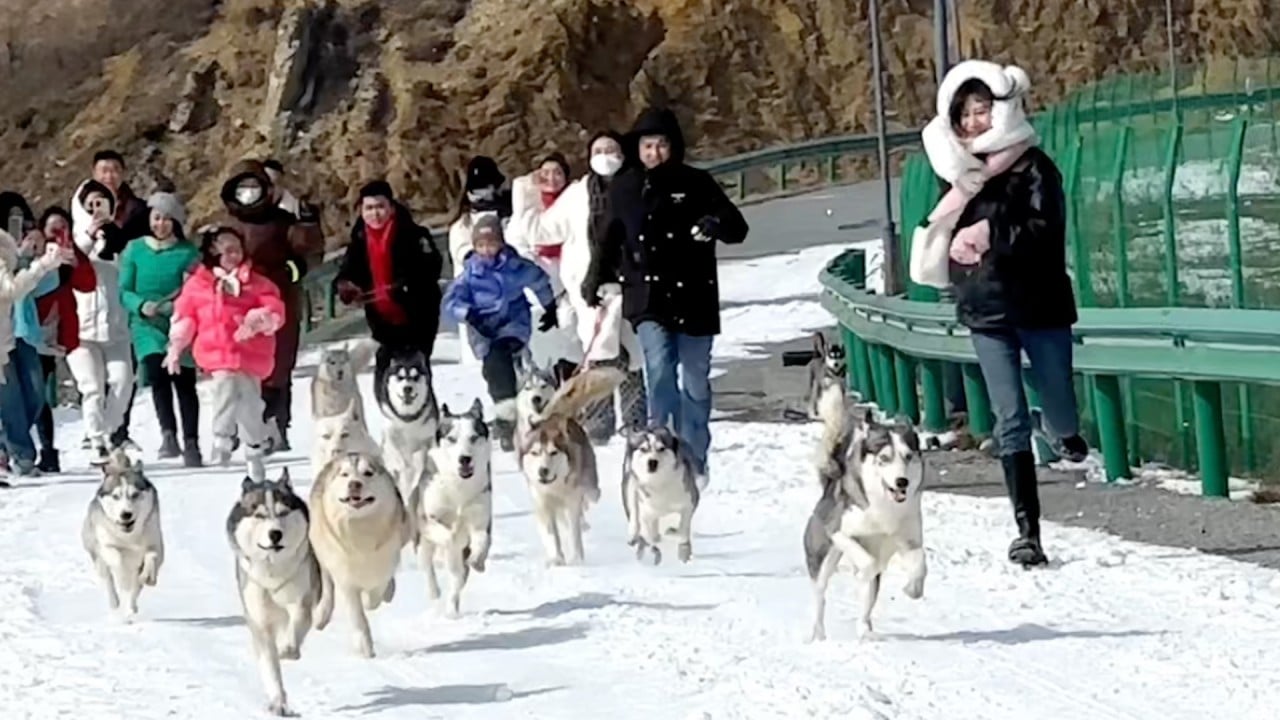
How to grow China’s soft power: love dogs, don’t eat them
- Since a nation’s image and soft power compliment each other, China should give up bad habits that hurt its image overseas
- At a time when China’s population of pet lovers is growing, people should stop eating dog meat
Last week, when I learned that one of my family’s pet dogs was dying from a long-time tumour, which was too close to a blood vessel to be removed, I left an important meeting in Shanghai and rushed back home to Beijing, hoping to do something to prolong his life or ease his pain. But he died an hour before I could get there. Losing our pet of 13 years, all my family cried.
Any country’s global image is closely related to its soft power. The term was coined by Joseph Nye. According to the American scholar, “Power is the ability to affect others to get the outcomes one prefers, and that can be accomplished by coercion, payment, or attraction and persuasion. Soft power is the ability to obtain preferred outcomes by attraction rather than coercion or payment.”
However, improving a country’s soft power is an endless journey and China should not be complacent. As a matter of fact, much more needs to be done, particularly if China is to improve its image as a global power.
There are many negative factors affecting China’s national image and soft power. It is not uncommon for people outside China to see it through the tinted glasses of misunderstanding, misjudgment and misperception. Internally, some Chinese people can be quite stubborn about their “bad” habits.
Since a nation’s image and soft power complement each other, China must kick the bad habits that could hurt its image and diminish its soft power. One such habit is eating dog meat.
Internationally, however, few people look kindly on the practice. In fact, some Chinese lifestyle choices are even regarded as evil.
In 2017, German online retailer Spreadshirt offered T-shirts saying “Save a dog, eat a Chinese” and “Save a shark, eat a Chinese”. The Chinese Embassy in Germany expressed strong dissatisfaction, complaining to the German government and demanding that the retailer pull the offending T-shirts and apologise.
It would seem clear from this incident that first, German sentiment is against dog meat consumption and second, the Chinese Embassy in Germany is sensitive about China’s image and soft power.
In conclusion, even though some Chinese people may enjoy dog meat, they should know that, collectively, their personal choices do jeopardise China’s international image and have weakened the government’s efforts to boost the country’s soft power.
This means there is a trade-off between maintaining the bad habit of eating dog meat and strengthening China’s image and soft power. It is certainly difficult to have the best of both worlds. To eat or not to eat dog meat, that is the question.
Jiang Shixue is a professor at Macau University of Science and Technology


